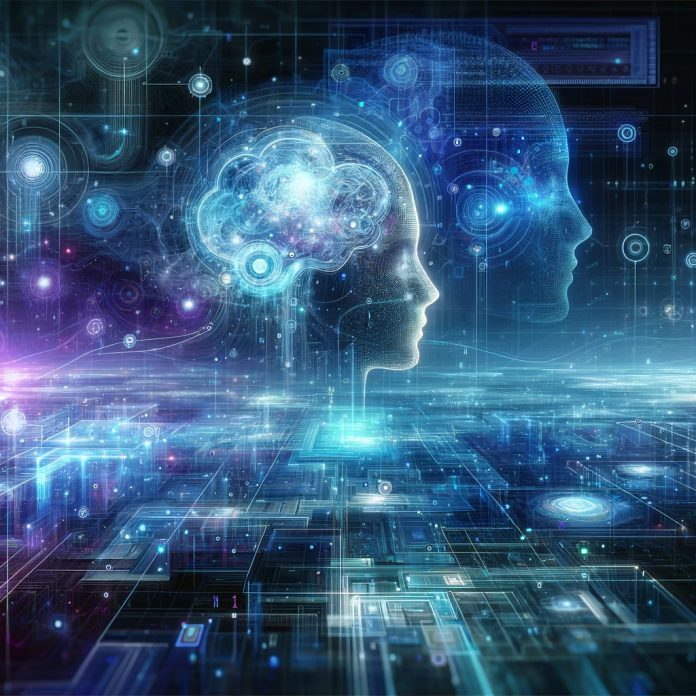
Will artificial intelligence actually put most human work out of a job in the next decade? Bill Gates on The Tonight Show sounded the alarm that ‘humans won’t be needed for most things’ as the pace of AI continues to reshape the global workforce. For tech-savvy pros, students, and entrepreneurs, the question is not so much if AI will change the world of work, but how to remain relevant in the process.
AI now permeates medicine, education, manufacturing, and more, bringing expert-level services within reach and at unprecedented affordability. But as Gates and top analysts note, there are some domains and skills where human ingenuity, judgment, and creativity cannot be substituted. This listicle explores not only the few jobs Gates believes are safe from automation for now, but also the emerging skills and roles that will define the future of work in an AI-driven economy. Expect a blend of hard data, expert insight, and actionable advice for navigating the coming disruption.
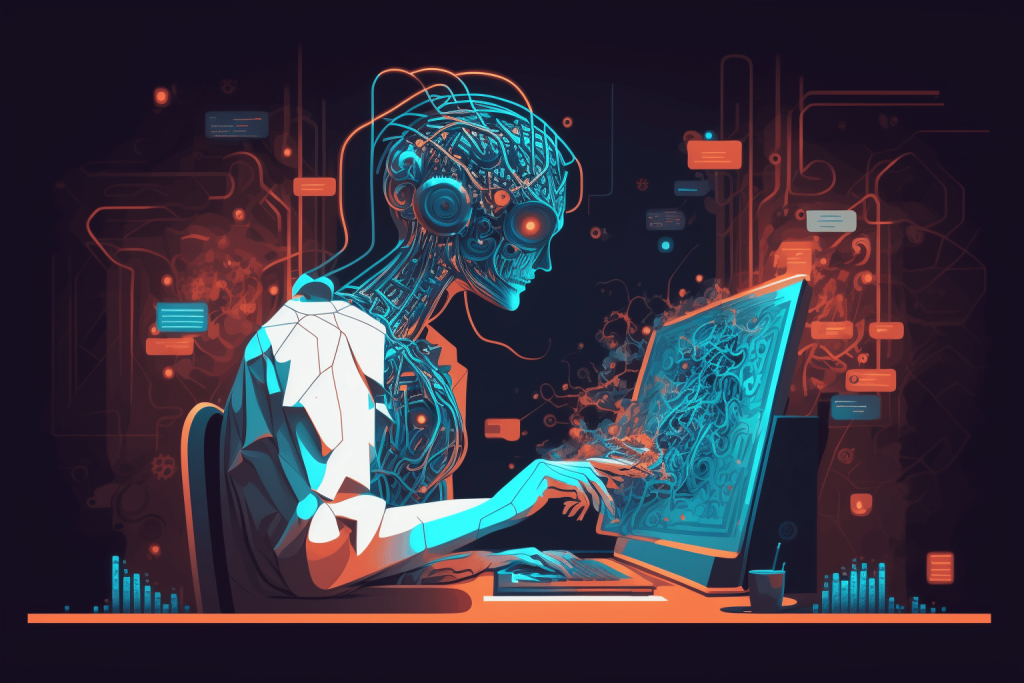
1. Software Programmers: The Architects Behind AI’s Evolution
Even with the amazing breakthrough of generative AI, software development is an area where human ability cannot be replaced. Bill Gates said, ‘Even in 100 years, AI won’t replace the creative act of programming.’ AI will write boilerplate code and test it, but not what needs abstract thinking, designing complex systems, and creation. Human programmers not only have to develop and maintain AI systems but also find hidden bugs and predict unforeseen consequences. As technology in AI improves, the need for programmers who can manage, enhance, and develop such technologies also increases.

2. Energy Experts: Managing Complexity and Risk
The energy industry is another hurdle in the way of complete automation. Gates also believes that operating nuclear reactors, introducing renewables, and stabilizing the grid entail life-or-death decisions that human beings must take. The complexity of energy systems spanning from compliance with regulations to managing emergencies means that AI can help but cannot substitute for human expertise. McKinsey’s 2025 report encapsulates the reality that sectors such as materials and energy are already significantly investing in AI but autonomy is not yet possible owing to safety, transparency, and explainability needs. Human instinct is still required to handle exceptional circumstances and moral complexities.

3. Biologists and Life Scientists: Innovation on the Edge of Knowledge
AI performs very well at data analysis and pattern identification, but not yet at replicating the quantum leap of imagination needed for profound breakthroughs. Gates posits that biologists play a crucial role in devising medicine and deciphering the intricate mechanisms of life since they use intuition, hypothesis generation, and rational choice-making in what they perform. The necessity for human judgment and creativity in research is also supported by industry analysts, who contend that AI is a useful tool but not a substitute. The capital constraints and inherent dangers of research only serve to emphasize the continued need for human researchers.
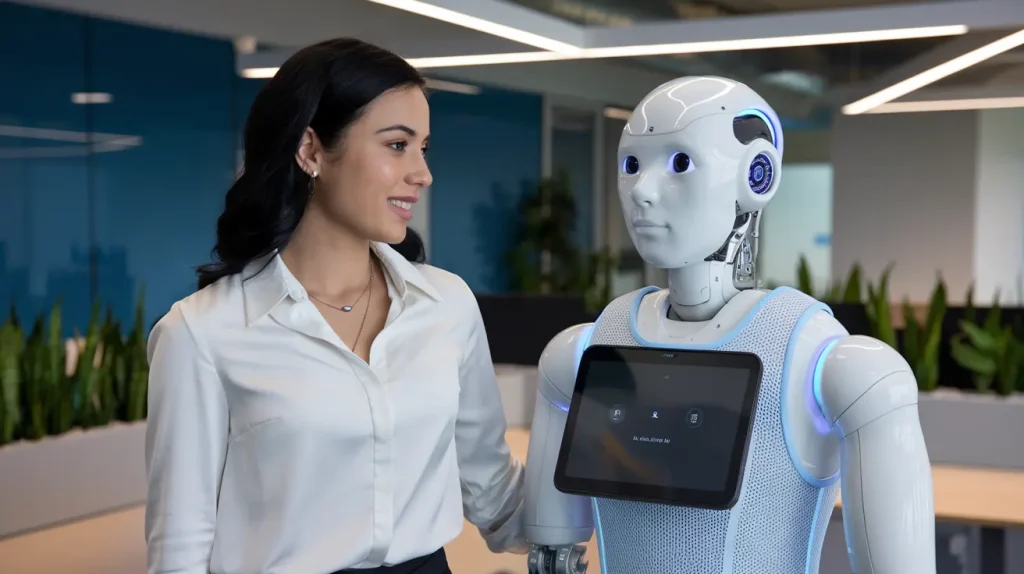
4. Human-AI Collaboration Specialists: The Emergence of Novel Hybrid Roles
With AI being incorporated into everyday work processes, a new generation of professionals is emerging those who are human-AI collaboration professionals. Up to $15.7 trillion of value can be unlocked by 2030 through the release of productive human-machine partnerships by AI, as estimated by the World Economic Forum. Occupations like prompt engineers, AI trainers, and digital transformation leaders are emerging. The World Economic Forum stresses the importance of establishing well-defined roles, mapping skills, and both measuring human and AI capacity in order to collaborate effectively. Skills such as adaptability, communication, and making ethical decisions are on the rise.

5. Managers and Organisational Leaders: Managing Teams Through Change
Leadership is peculiarly human. As the Nexford University report highlights, people leadership, vision-setting, and organizational culture management are tasks that lie outside automation’s reach. CEOs and managers not only need to incorporate AI into their companies but also deal with morale, sense the seeds of discontent, and encourage innovation. Inspiring, mediating, and strategizing all stem from human experience and emotional intelligence capabilities absent from today’s AI systems.
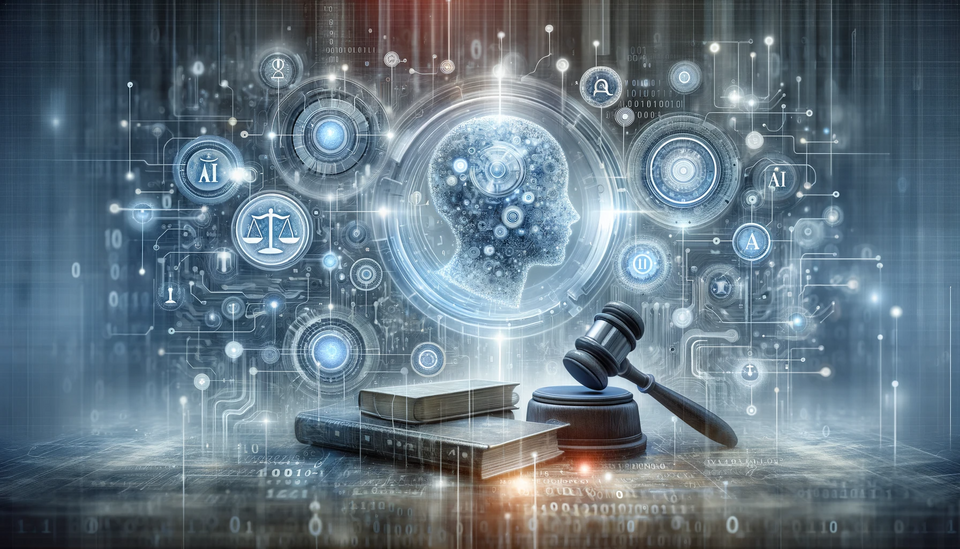
6. Legal and Ethical Experts: Navigating AI’s Societal Impact
As AI systems permeate every aspect of society, the demand for legal and ethical experts is rising. Lawyers, judges, and compliance officers are needed to interpret complex regulations, ensure fairness, and address the unintended consequences of automation. The World Economic Forum underscores the dangers of bias and discrimination in AI applications, placing significance on human oversight over data privacy, transparency, and accountability. Refined depth psychology needed to plead cases, resolve cases, and influence policy is still out of reach for existing AI.
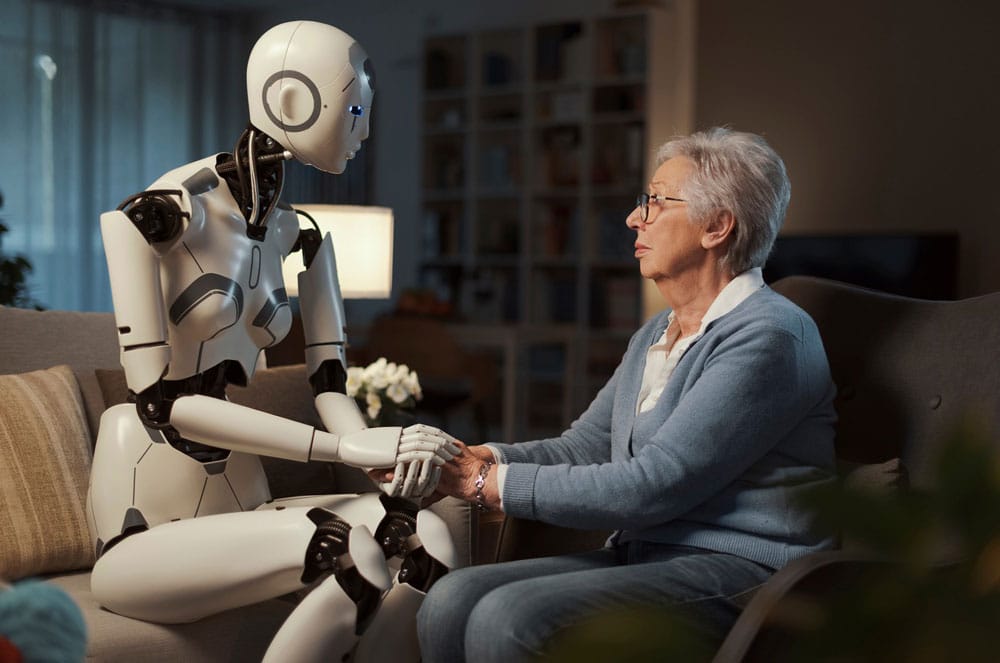
7. Psychologists and Mental Health Professionals: The Human Touch
While AI can be used to help with diagnostics and primary counseling, the nuances of mental health treatment require empathy, trust, and intimate interpersonal contact. As industry analysts point out, guiding people through life’s obstacles requires a level of sensitivity and insight that technology cannot replicate. The sensitive nature of mental health guarantees that psychologists, psychiatrists, and counselors will be indispensable in the near future.
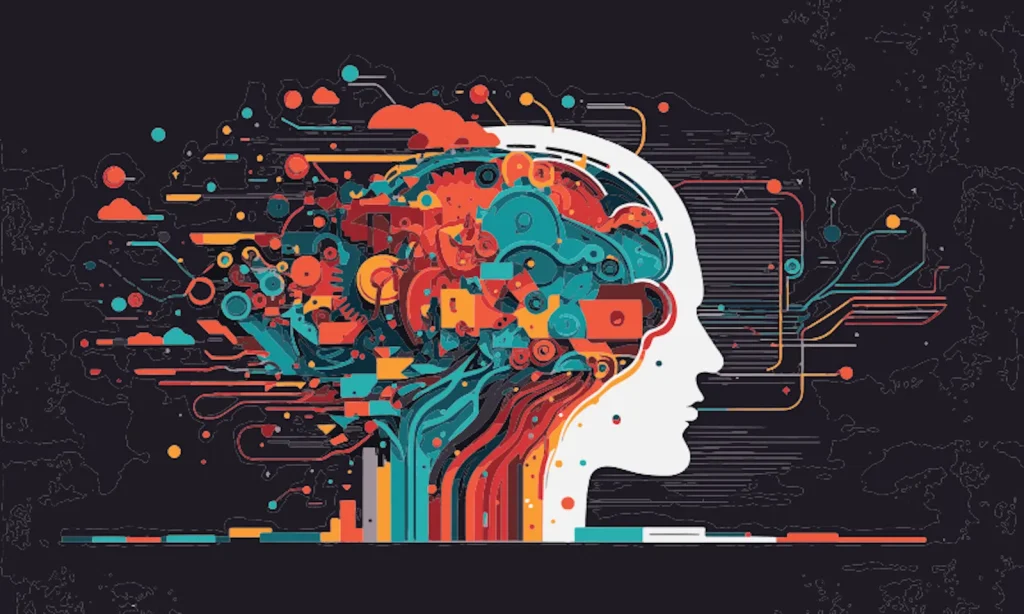
8. Artists and Writers: Creativity Beyond Algorithms
While AI can generate text and imitate art styles, human imagination’s magic is still a step ahead. Writing, painting, and composing music are not just about technical proficiency but about imagination, emotional connection, and culture. As commentators put it, the excitement of creating something new is a uniquely human experience. While AI can prompt and inspire, it will never be able to replace artists’ and authors’ unique voice and vision.
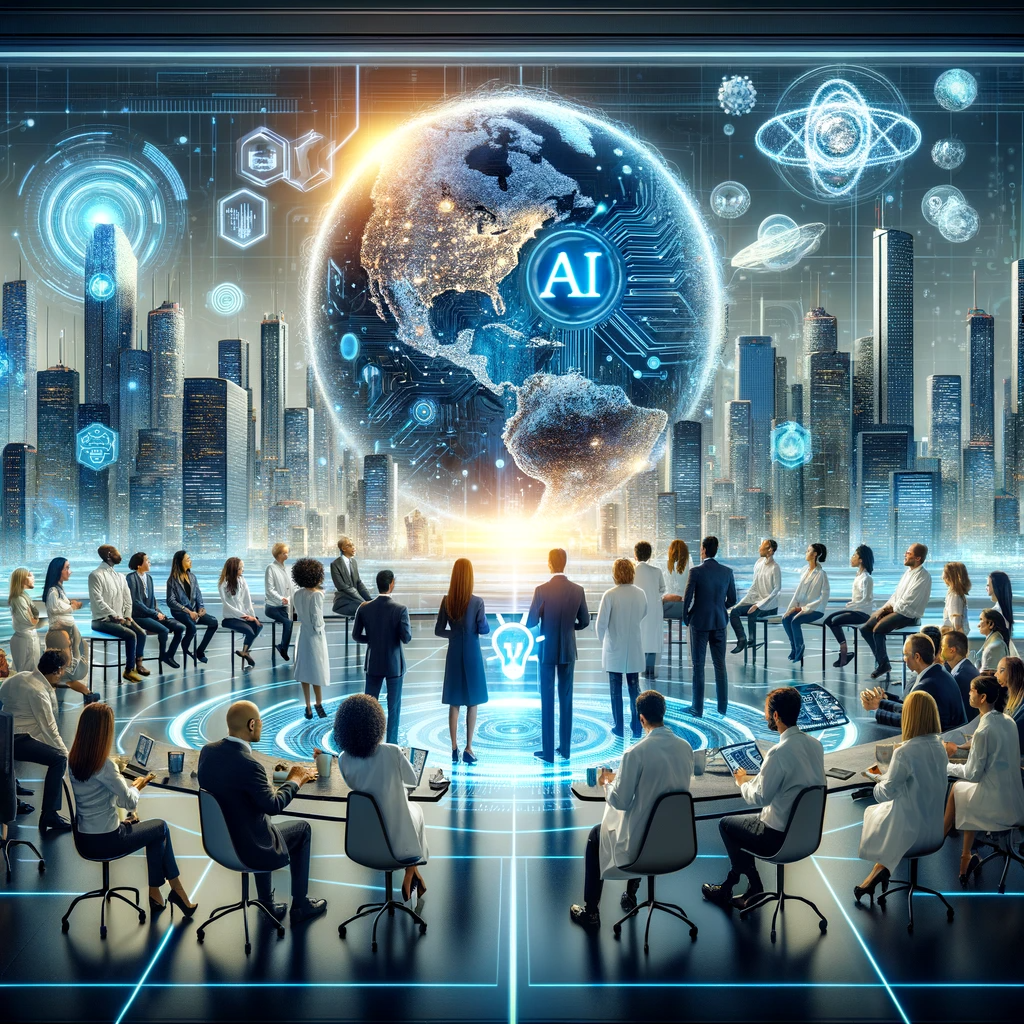
9. Lifelong Learners: Thriving and Flourishing in an AI World
The most future-proof skill is the capacity to learn, evolve, and reinvent oneself. With industries being disrupted by AI, individuals who adopt lifelong learning, acquire soft skills, and learn new areas will prosper. Flexibility, communication, and problem-solving are as essential as technical proficiency. The Salesforce 2024 report states that ‘AI won’t replace you, but someone who knows how to work with digital labor may have a competitive advantage.’ Long-term success depends on ongoing learning and having an ear to the ground for what comes next.
The future of work is neither a fight between man and machine but an extension partnership where each contributes its own strengths to the venture. When AI assumes tasks that are repetitive and augment decision-making, the scale of human creativity, human discretion, and human adaptability will only increase. To those who are willing to learn, lead, and cooperate, the era of artificial intelligence does not hold the promise of mere survival but of unprecedented opportunity.
